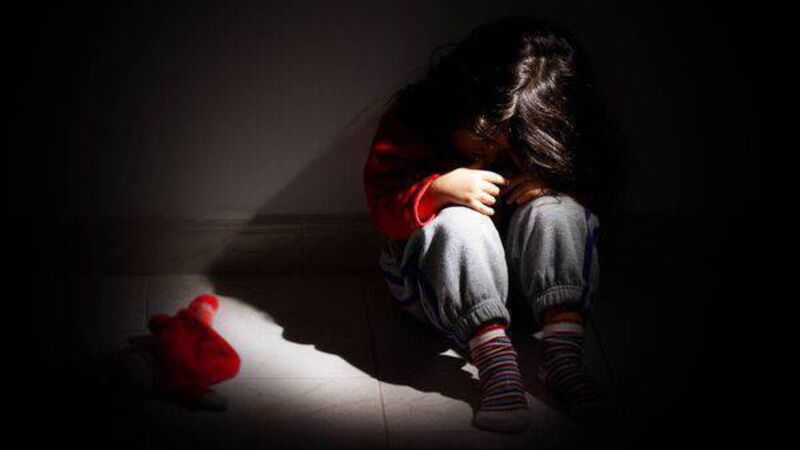Irish Examiner view: Domestic abuse figures a wake-up call

Some 3,450 women and 589 children had contacted a domestic violence service for the first time, seeking support and safety from abuse and coercive control during the first six months of Covid-19. File picture.
In 2020, as the enormity of the pandemic started to become clear, there were appeals for political leaders to recognise and protect another vulnerable group. This group was not being highlighted for its susceptibility to Covid-19, but for the increased chance that they would face abuse as a result of the pandemic and that they would face it in their homes.
The places most people retreated to — or were forced to retreat to — for work and rest, for Netflix and family time, to ride out the worst of the virus, was the place that offered domestic abuse victims a greater threat than the outdoors.
















